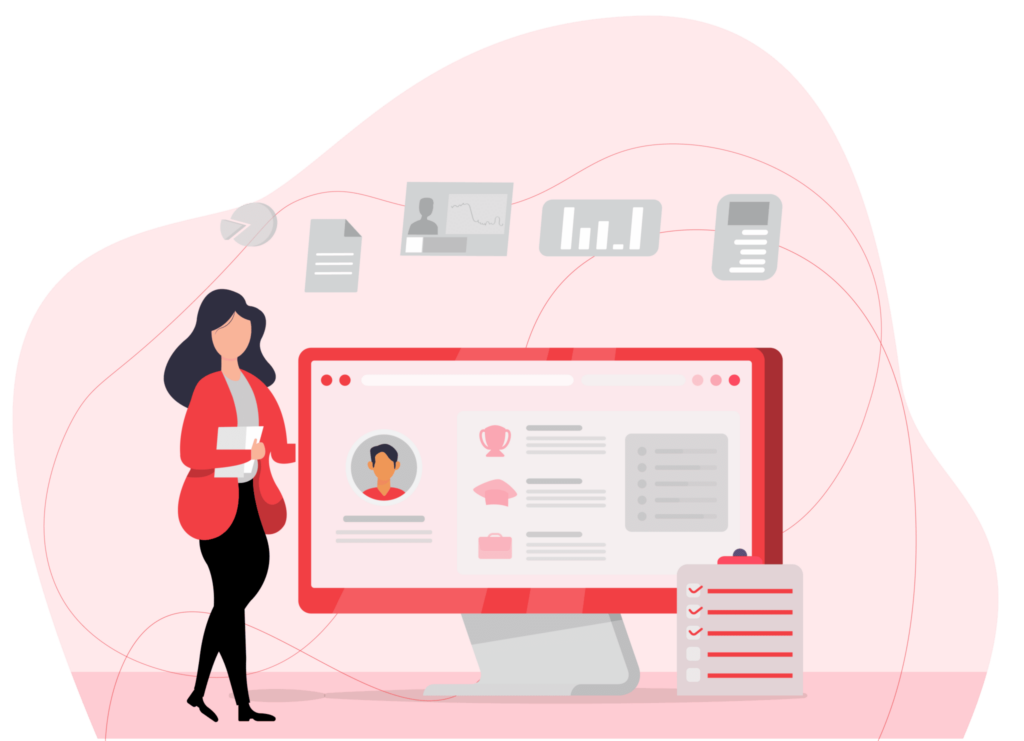Frequently asked questions (FAQs) for Data Modeling test
A Data Modeling assessment is a test designed to evaluate a candidate’s knowledge and skills in creating logical data models for database systems. It assesses their understanding of data modeling concepts, such as entity-relationship modeling, normalization, and data integrity. The assessment may involve tasks related to identifying entities, attributes, relationships, and constraints, as well as the ability to translate business requirements into a well-designed data model.
The Data Modeling assessment can be used in the hiring process for roles that involve database design, data architecture, or data analysis. By administering this assessment, employers can assess the candidate’s proficiency in data modeling, their ability to create effective and efficient data structures, and their understanding of best practices in database design. The assessment results can help in comparing candidates’ skills, identifying top performers, and selecting individuals who are well-equipped to contribute to the organization’s data management goals.
- Data Analyst
- Database Administrator
- Data Architect
- Data Engineer
- Business Intelligence Developer
- Data Scientist
- Conceptual Data Modeling
- Logical Data Modeling
- Physical Data Modeling
- Normalization
- Data Modeling Tools
- Data Modeling Best Practices
A Data Modeling assessment is important because data modeling is a critical component of database design and management. By assessing a candidate’s data modeling skills, employers can ensure that they are hiring individuals who have the necessary expertise to design and structure databases effectively. A strong data modeling foundation ensures data integrity, efficient data retrieval and manipulation, and scalability. Additionally, the assessment helps identify candidates who possess the ability to translate complex business requirements into a logical data model, facilitating effective communication between business stakeholders and technical teams. Ultimately, a Data Modeling assessment helps in selecting candidates who can contribute to building robust and well-structured data systems that support the organization’s data-driven decision-making processes.



